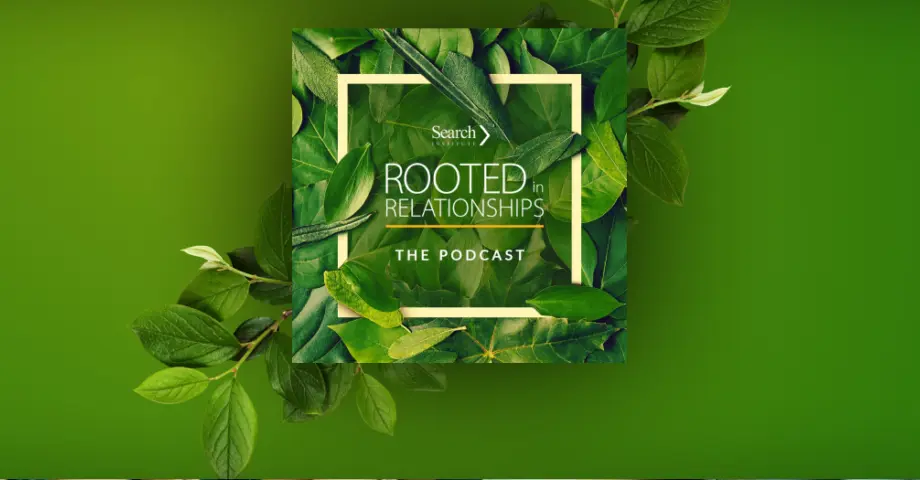
Approaches to Challenging Growth
Relationship-building approaches are techniques you can integrate into program or classroom activities. They also can be worked into the informal interactions you have with young people in the hallway, after class, on the playground, along the hiking trail, or on the front steps while they wait for a ride home.
Many young people will say teachers, leaders, parents, and others already Challenge Growth all the time. They may be experiencing healthy challenges to their growth, or they may be being pushed to do better for less-than-healthy reasons (like unhealthy competition for grades) or to make someone else happy. Here are some approaches to challenging growth that can elicit healthy motivation, growth, and learning.
Relational Practice
Approaches to Challenging Growth
Resource Audience
Resource Type
Read Time
Participants
-
Don’t just provide answers for young people when they can do it themselves; encourage them to figure it out on their own. Remind them that they are capable of doing challenging things.
-
Encourage young people to move beyond their comfort zones to try things and go places that are unfamiliar and new.
-
If a young person struggles to accomplish something or makes a mistake, talk through what went wrong together and help the young person think of concrete ways to improve in the future. Explain that mistakes are not evidence of limited abilities—they are opportunities to learn and grow. Share stories of mistakes and failures in your own life and what you learned from them.
-
You don’t need to wait for struggle or failure to challenge growth. As one young person shared about an adult, “Even if I’m doing good in something, they’ll tell me, ‘If you think you can do better, go for it.’” Encourage young people to improve compared to their own past performance, rather than seeking to do better than other people.
-
If a young person is struggling to understand a concept or master a skill, help them break the task down into more specific steps and provide feedback on how well they implement those steps. During particularly challenging tasks, specific feedback allows the young person to correct errors while maintaining progress toward the goal.
-
When you need or want to ask a young person to try harder, make time for a one-to-one conversation or write a personal note. Let them know that you set high expectations for them because you believe they can meet those expectations. Be sure to notice and congratulate them for actions they take in response to your encouragement.
-
Point out biases you may see in things you read, watch, or listen to with young people. Engage young people in conversations about how such biases are harmful, and talk about healthy ways to respond to and challenge bias. Be ready for young people to challenge your growth in this area as well! And if you notice bias in what young people say or do, challenge it while making sure the young people understand that you’re challenging them from a place of care, not criticism. Ask, “What do you mean by that?” or “Tell me more about how you came to that conclusion” before correcting or re-focusing their ideas.
-
Expand young people’s thinking by asking hard questions, providing alternate explanations, and encouraging openness to different opinions. For example, teach media literacy when reading information online by asking critical questions about a source or examining the language an article or headline uses. When young people talk about or spread rumors, misinformation, and conspiracy theories, push them to dig for accurate information, scientific research, and credible sources to clarify the issues. Encourage them to educate themselves on different perspectives about an issue.
-
Help young people imagine their future selves by asking them to think and talk about what they want their lives to be like in the future. In addition to asking about jobs they would like to have and their plans for education after high school, ask them what they hope their personal lives will be like, what interests they will have, and what causes they will care about.
-
Sometimes young people need a caring reminder about what they intended to accomplish.
Related Resources on Social and Emotional Development

Activity
What I Am Curious About
Activity where participants use a beach ball covered with predetermined categories to generate ideas and get to know each other.

Video
Growing Relationship-Rich Organizations
A video showing Search Institute partners who make developmental relationships an explicit priority across their organization.

Video
State of Developmental Relationships Webinar
State of Developmental Relationships Webinar: A Call to Action to Ensure All Young People Thrive (Nov. 17, 2021) lead by Ben Houltberg and Amy Syvertsen
Related Resources on Diversity, Equity and Inclusion

Podcast
Rooted in Relationships: Episode 1.2 Dr. Mary Helen Immordino-Yang
Episode 1.2 - Dr. Mary Helen Immordino-Yang - Resilience through relationships.

Activity
So You Think You Can Listen?
A relationship-building activity where participants take turns sharing about themselves and sharing positive words about the person who shares.

Podcast
Rooted in Relationships: Episode 1.5 Lutheran Social Services
Episode 1.5 - Dr. Peter Samuelson and Karen Kingsley - Strength-based approach to working with opportunity youth